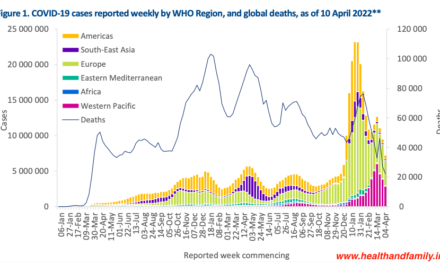Researchers from Georgia State University and Partners Explore Indigenous Plant Compounds
In a groundbreaking collaboration, researchers from Georgia State University, alongside partners from Addis Ababa University in Ethiopia and Emory University’s Winship Cancer Center, are uncovering the anticancer potential of indigenous Ethiopian plants. Led by chemistry professor Paulos Yohannes from Georgia State University’s Perimeter College, the team is part of the Carnegie African Diaspora Fellowship Program, aiming to enhance research and teaching through international partnerships.
The focus of their research lies in the medicinal properties of Ethiopian plants, long recognized by traditional healers for their therapeutic benefits. This initiative marks a significant stride in bridging traditional knowledge with modern scientific methodologies to combat diseases, particularly cervical cancer.
Yohannes emphasizes the importance of these natural compounds, stating, “Many pharmacological medicines today originate from plant-derived chemicals. In oncology, their potential is profound.” The team has already identified several promising plant extracts that exhibit potent anticancer activities, particularly on cervical cancer cells.
One notable discovery includes a novel compound not previously documented, underscoring the rich biodiversity of Ethiopia’s flora. The research involves rigorous extraction processes conducted by Professor Ermias Dagne’s team in Ethiopia, followed by comprehensive analysis and testing at Georgia State University.
“We’re analyzing extracts from over 30 indigenous plants, with early results showing significant cytotoxicity against cancer cells,” explains Binghe Wang, Regents’ Professor at Georgia State University. The team employs advanced spectroscopic techniques to validate the chemical structures of these compounds, ensuring accurate assessment of their therapeutic potential.
The project’s impact extends beyond laboratory findings, aiming to contribute substantively to global oncology research. “Our findings suggest promising leads for future drug development,” Wang adds, highlighting ongoing efforts at Emory University’s Winship Cancer Center to further evaluate these compounds.
As the research progresses, Yohannes remains optimistic about its implications for healthcare in Ethiopia and beyond. “This exploration of traditional medicine aligns with the health practices of 80% of Ethiopia’s population,” he notes. “It’s an exciting prospect for uncovering new treatments.”
With additional samples underway for analysis, the team anticipates further insights into the mechanisms underlying these plant-derived compounds’ effectiveness against cancer. The ongoing collaboration underscores the transformative potential of integrating indigenous knowledge with modern scientific advancements, offering hope for novel therapeutic interventions in oncology.
The research continues to garner interest within the scientific community, with expectations high for future breakthroughs in the fight against cancer.











